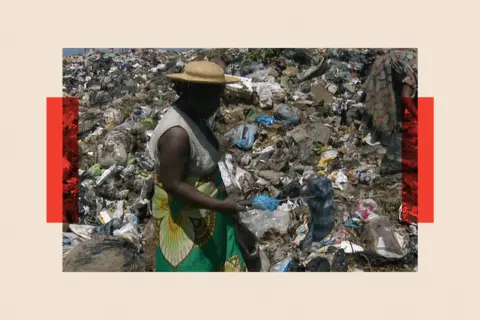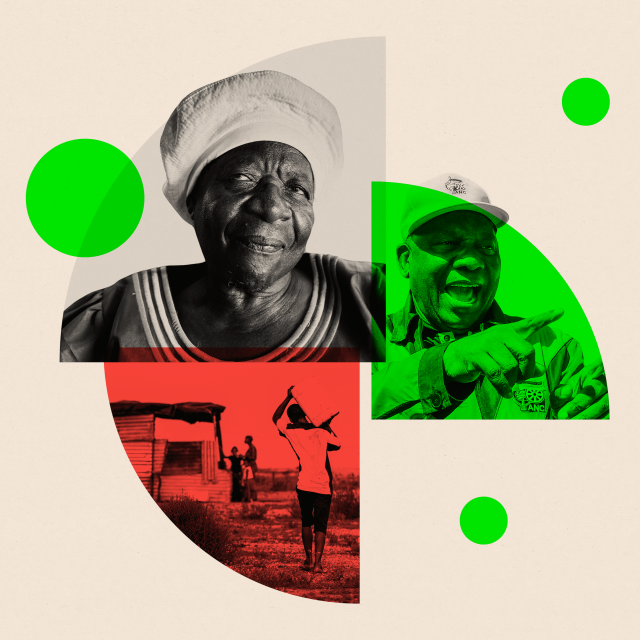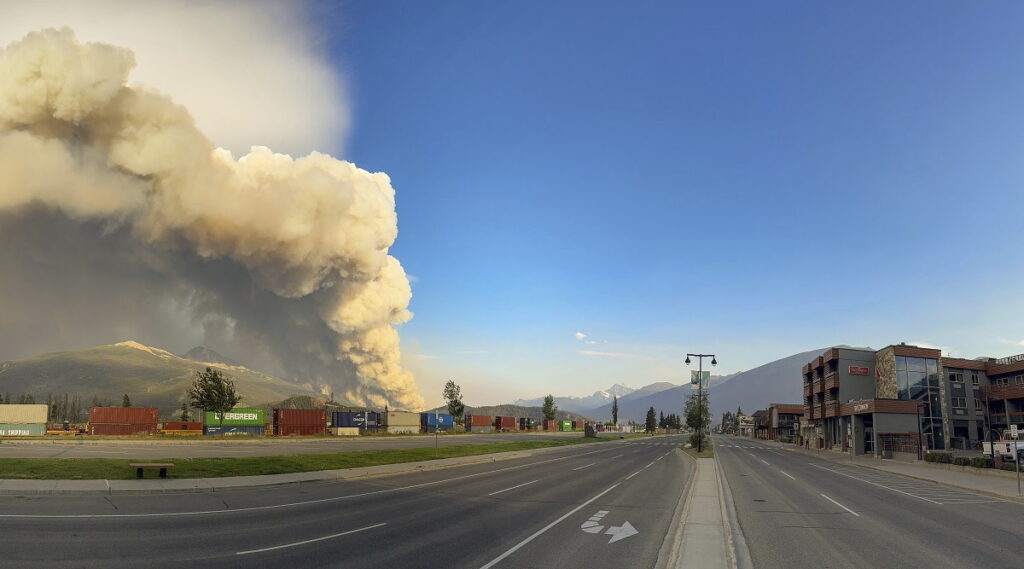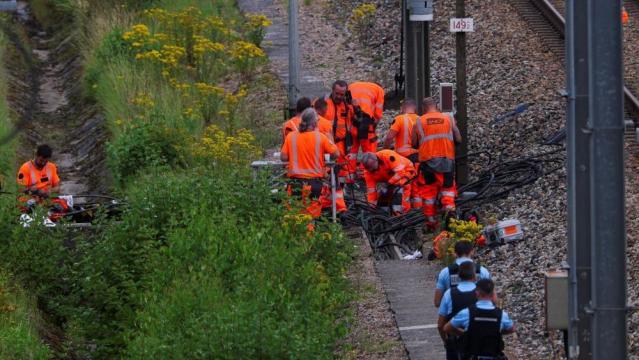They were shadowy figures, moving beyond the light of small fires in the early dawn of winter. Little did I know then that I was about to witness one of the most extraordinary scenes of my time in South Africa.
In this region, winter brings a cold, dry season that scorches the veld brown. The ground becomes hard as flint, and when the wind sweeps across the plains, dust covers the squatters and all their possessions.
I heard the sound of digging and approached to see a woman hacking at the earth. Nearby, other men and women were doing the same. They wielded old garden tools, machetes, stones—anything they could use to dig holes in which they placed pieces of plastic, tin, and wood.
Curious, I asked the woman what she was doing. “We are hiding our shacks,” she replied.
This was a squatter camp outside Johannesburg in 1994, as South Africa prepared for its first non-racial elections. Witnessing that vote in a nation scarred by apartheid was to witness a momentous event in human history. The first voters, mostly the elderly, quietly casting their ballots, were propelling history forward.
Thirty years later, South Africa has changed significantly. Democracy has endured, and the fear and racist brutality of the past have dissipated. However, there is widespread disillusionment with the ruling African National Congress (ANC), which has held power since Nelson Mandela became the country’s first black president.
Back then, the woman hiding her shack introduced herself as Cynthia Mthebe. Her story has stayed with me for over three decades.
As the sun rose, the squatter camp gradually disappeared beneath the earth. An hour earlier, it had been a community of several dozen shacks and flimsy tents. Now, there were only people, wrapped in blankets, sitting around fires.

Children in their school uniforms were heading toward the main road, about a mile away beyond the fields. Despite the degradation they endured, parents fought fiercely to provide their children with an education.
Cynthia, at that time, had seven children and cared for them alone. Her husband had walked out on the family several years earlier and had not been heard from since.
Every day, she and the other squatters buried their homes to prevent the government from bulldozing them. And every evening, Cynthia would return, unearth her home, and sleep there with her children. They had been teargassed and shot at with rubber bullets, but they persisted. They had nowhere else to go.
“I want to live in a nice house with my children because I’m suffering. I want to be the same as white people. I’m suffering because I’m black,” she said back then. Cynthia sustained her family by working at a rubbish dump, collecting tin cans to sell for a pittance—just enough to survive on the margins of existence.



























